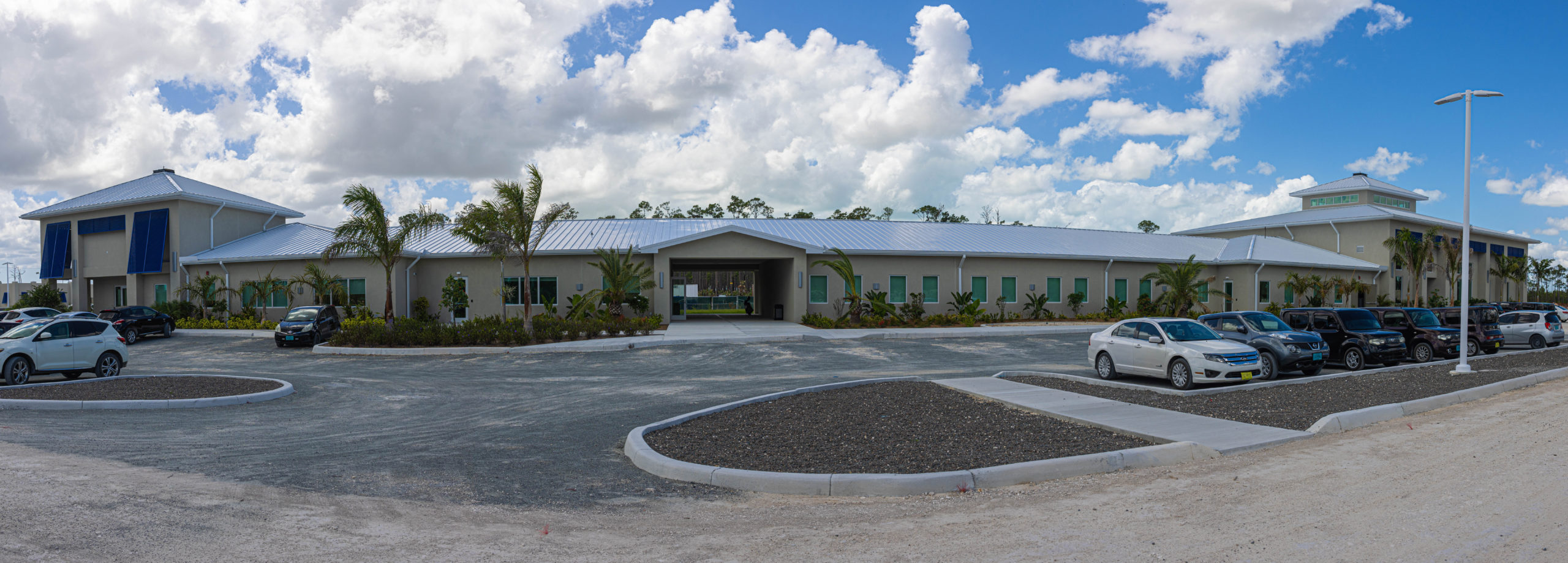York’s Annual Graduate and Professional Studies Expo took place on Oct. 17., providing students the opportunity to connect with recruiters from a wide range of colleges and gaining insight on admission processes including what steps to take in order to improve the chance of getting into their desired programs.
Western Atlantic University School of Medicine (WAUSM), a Caribbean medical school, provides patient-centered education for US, Canadian, and international students. They aim to inculcate required clinical skills in students by focusing both on the theoretical and practical skills needed to apply the knowledge. The “flipped classroom model” lets students spend their time outside of class reviewing readings and lectures and their time in-class time running active learning activities.
Founding Dean, Chief Academic Officer, and Professor at WAUSM, Dr. Paula Wales says, “To be successful, a physician must be a lifelong learner who is able to integrate information and synthesize it to address patient issues. Finding a curriculum that will allow students to practice integrating information early and often will help students develop those critical lifelong learning skills that students will continue to use throughout their tenure as a practicing physician. At WAUSM, we have developed an integrated curriculum that is designed to give students intentional practice and to ultimately become master adaptive learners.”
Leeya Bobrowski-Vogt, Director of Canadian admissions at WAUSM, further explained how this new curriculum is beneficial, “I think another really great type of exposure that the students get is through standardized patients, individuals who are portraying themselves as actual patients. Our students are really honing their patient examination and diagnostic skills. […] When they get to their core and elective rotations, that’s not their first time communicating with the patient and they know how to do all these things.”
Setting them apart from other medical schools, WAUSM has three start terms in January, May, and September which students can apply for. Their goal is to make the admission process and transition to medical school easier and generally less challenging for students. They have a select scholarship programme awarded to all students, alleviating some of the financial stress when they first begin their program. The scholarship pays the tuition fees for the first semester. Students have a chance to study in the Bahamas for the first two years and are later matched with teaching hospitals in their third and fourth year for clinical rotations.
Dr. Paula Wales shares inspiring advice for students, saying, “In an effort to impress faculty and school administrators, students sometimes suppress their authentic selves and try to look and act like the stereotypical medical student. I encourage students to be themselves and to remember that schools want to know who they are as people and how they will ultimately contribute to the medical profession.”
To tackle burnout among students, Dr. Josh Webb, an assistant professor at WAUSM says, “Knowing you have a community who understands your challenges and serves as both an ear and cheerleader can increase the feeling of support and opportunity to overcome adversity. […] Each student is matched with an academic mentor partner who offers educational guidance, learns about their goals and helps manage their school life balance. This inattentive allows for faculty and students to build and foster relationships within and beyond medical school.”




